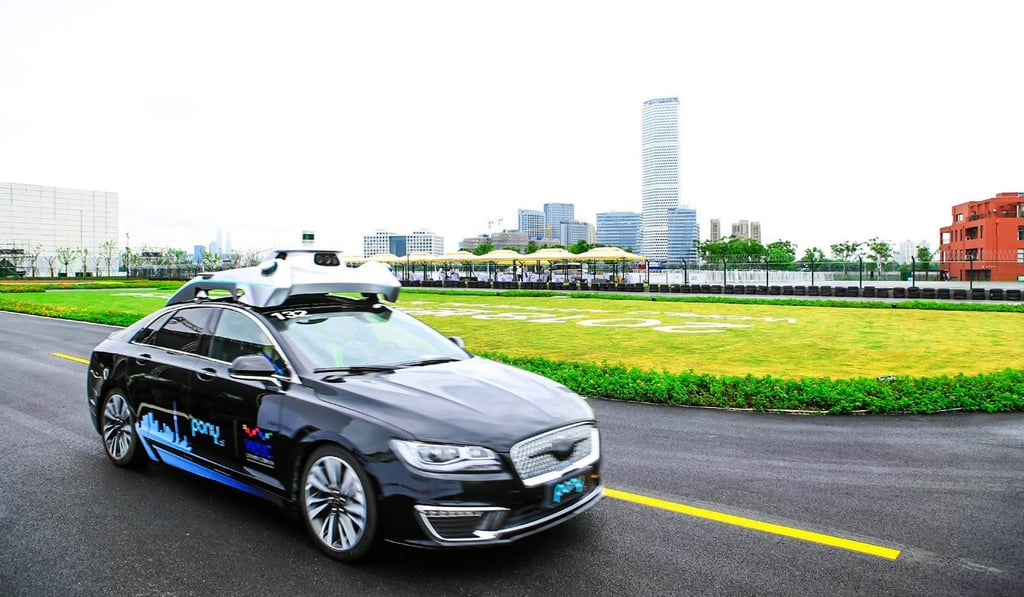Chinese self-driving start-ups AutoX and Pony.ai get green light to offer rides on California roads
- Pony.ai, founded by two former Baidu executives, was valued at US$1.7 billion in its latest funding round in April

California commuters will soon be able to hail an autonomous ride powered by Chinese technology after local authorities gave the go-ahead for two start-ups from China to begin offering the service.
AutoX and Pony.ai received permits from the California Public Utilities Commission on Tuesday, enabling them to operate self-driving ride services to public passengers.
It marks the first time US robotaxi permits have been issued to companies of Chinese origin as players from both countries bet on a driverless future for urban transport.
The two companies said they kick-started trial services among staff and a small group of preapproved users in both China and the US before the launch. Pony.ai is operating more than 10 self-driving cars in California, according to the company.

Founded in 2016 by Xiao Jianxiong, a former assistant professor at Princeton University who was known as “Professor X”, AutoX has offices in the US and China and moved its headquarters from Silicon Valley to Hong Kong with a goal to “democratise autonomy” and make driverless technology universally accessible.